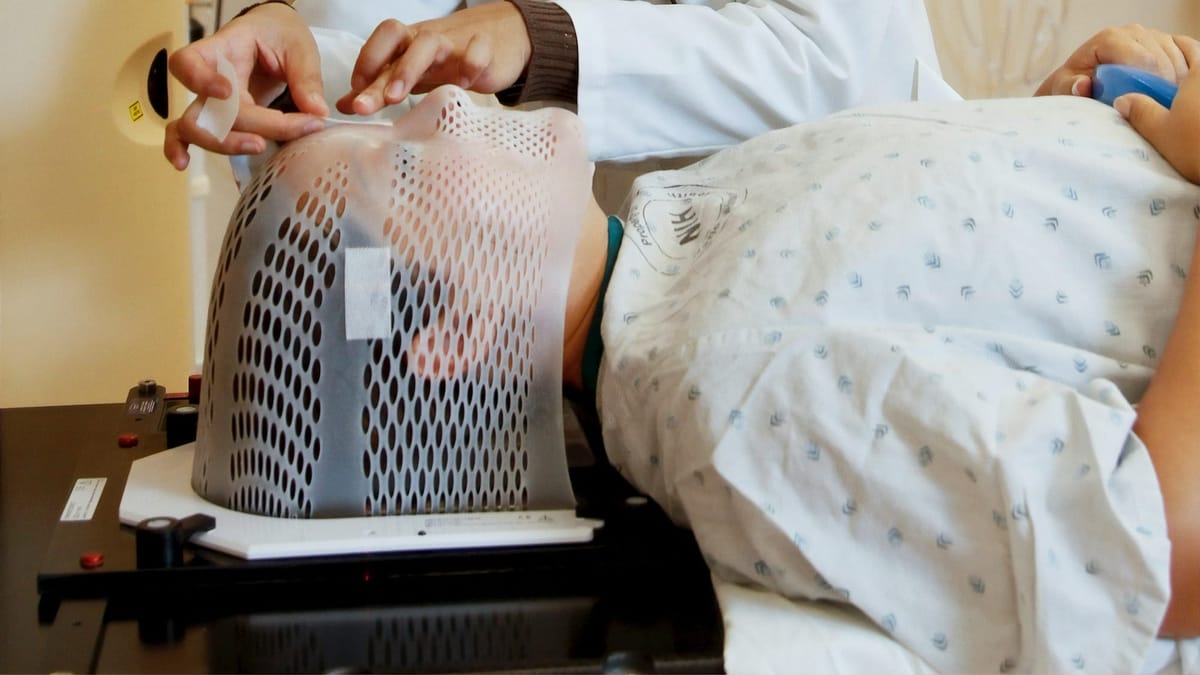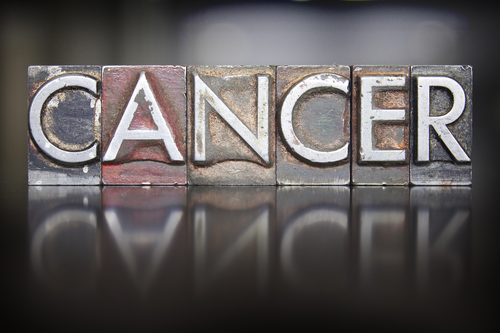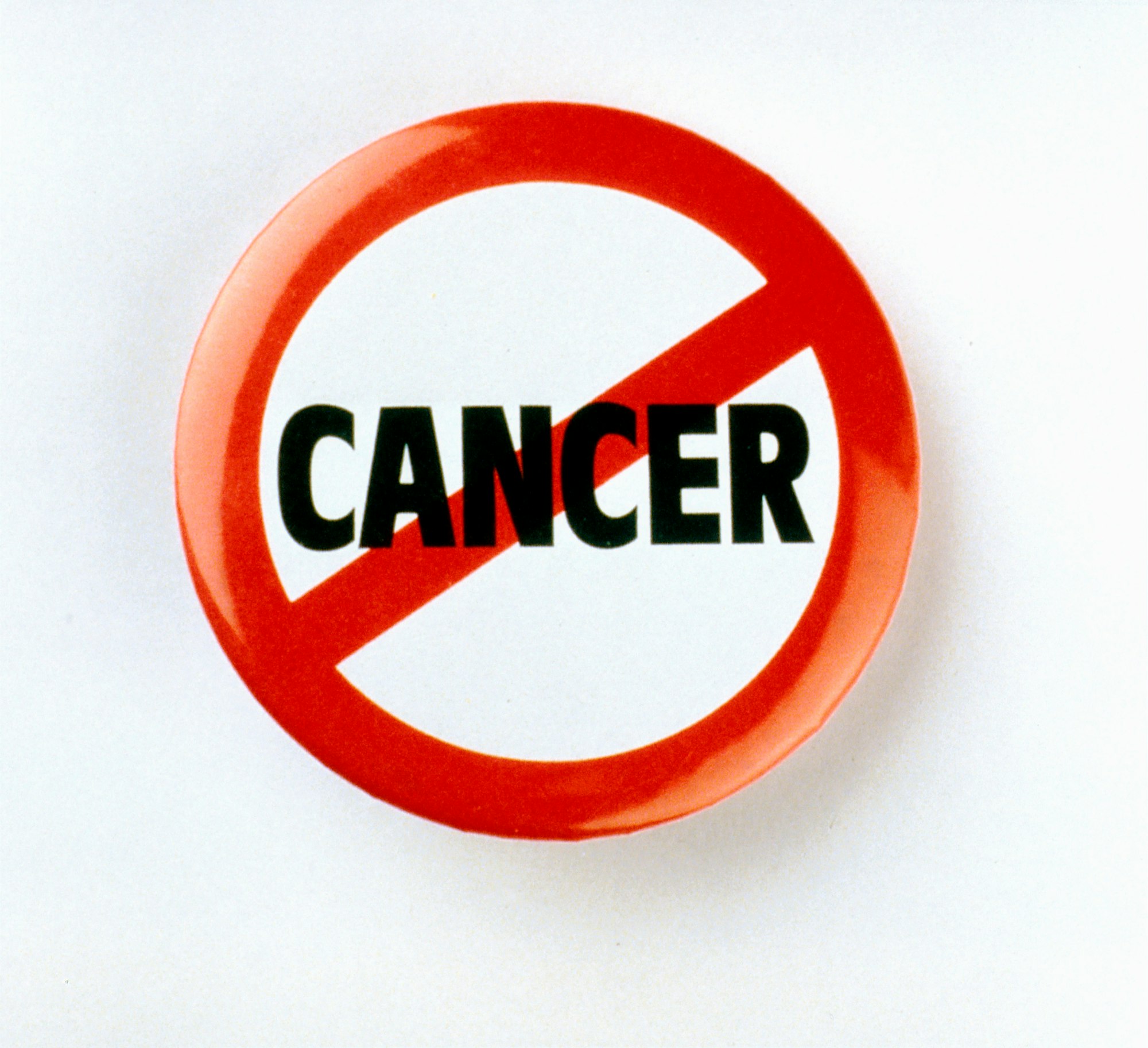Why Does Cancer Cause Loss of Appetite?
Cancer and its treatments can affect the body's metabolism, causing nausea, fatigue, and changes in taste, leading to reduced hunger. Inflammation and tumor growth may also impact digestion. Understanding these effects helps in managing nutrition during cancer care.

Introduction
Appetite loss, or anorexia, is a common symptom of cancer that affects a person’s ability to eat and digest food properly. This can lead to malnutrition, further weakening the body and making it harder to fight off the disease. It is important to understand why cancer causes appetite loss in order to properly diagnose and treat the issue. Discussing appetite loss with the cancer care team is crucial to ensure effective interventions and support.
Cancer has the potential to cause loss of appetite for a few reasons. It can be caused by physical changes in the body, such as an inability to process certain nutrients, or psychological changes, such as depression or anxiety. The cancer itself can also put pressure on the digestive tract, leading to a decreased appetite. In addition, some treatments used to fight cancer, such as chemotherapy, may lead to nausea and vomiting, which can also reduce appetite. Engaging with the health care team when experiencing these issues is essential for timely management and nutritional support.
It is important to note that not all types of cancer will lead to appetite loss. Some types, such as brain tumors, may not cause any change in appetite. However, many other types of cancer, such as certain types of breast, lung, and gastrointestinal cancers, can cause appetite loss.
Appetite loss is a serious symptom of cancer that must be taken into consideration when creating a treatment plan. If left untreated, it can lead to further complications and worsen the overall health of a person with cancer. Losing weight due to appetite loss is a significant concern and should be addressed with the health care team. It is important to be aware of the signs and symptoms of appetite loss, as well as the various treatments available, in order to ensure that the best possible care is provided.
Definition and Prevalence of Appetite Loss
Loss of appetite, medically known as anorexia, is a common issue faced by cancer patients. According to the National Cancer Institute, up to 50% of people diagnosed with cancer experience appetite loss, with the prevalence increasing to 60% in those with advanced cancer. This condition can be a direct symptom of the cancer itself or a side effect of various cancer treatments, including chemotherapy, radiation therapy, and immunotherapy. Understanding the prevalence and impact of appetite loss is crucial for providing comprehensive care to cancer patients.
Causes of Appetite Loss in Cancer Patients
Cancer can cause loss of appetite for many reasons, including the formation of tumors that interfere with the body’s natural digestive process. The type of cancer can also have an impact on appetite. For example, some forms of leukemia and lymphoma can cause nausea and vomiting, which can lead to a reduced appetite. In addition, certain treatments such as chemotherapy can also lead to appetite loss. Dehydration, indicated by dark yellow urine, can contribute to appetite loss by causing weakness and dizziness.
Tumors can cause loss of appetite in two ways. First, they can physically interfere with normal digestive processes by blocking or narrowing the gastrointestinal tract. This can lead to reduced appetite as well as other symptoms such as nausea and vomiting. Second, tumors can produce hormones or other chemical signals that increase feelings of fullness or decrease appetite. Changes in food smells, particularly in cases of non-small cell lung cancer, can also affect appetite, making food less appealing.
In addition to tumor-related causes of appetite loss, there are certain factors that can increase the likelihood of a cancer patient experiencing a decreased appetite. These include age, stress, depression, and fear of disease progression. Older individuals are more likely to experience appetite loss due to cancer, as are individuals who are feeling stressed or depressed. Additionally, fear of the disease progressing can lead to a psychological urge to avoid food. Stomach pain, especially in advanced cancer cases, can be a significant factor in reducing appetite.
Cancer-Related Factors
Several cancer-related factors can contribute to loss of appetite. The type and stage of cancer, as well as the tumor’s location, play significant roles. For instance, tumors in the abdomen can cause irritation or swelling, leading to discomfort and a reduced desire to eat. Additionally, advanced cancer often brings about metabolic changes that can diminish appetite. Other contributing factors include pain, stress, depression, dehydration, nausea, mouth sores, difficulty swallowing, changes in taste or smell, constipation, and diarrhea. Each of these factors can make eating less appealing and more challenging for cancer patients.
Treatment-Related Factors
Cancer treatments themselves can also lead to loss of appetite. Chemotherapy, radiation therapy, and immunotherapy are known to cause appetite loss as a side effect. The type and dosage of these treatments can significantly impact a patient’s desire to eat. Additionally, medications prescribed for non-cancer-related issues can also affect appetite. Another treatment-related factor is the buildup of protein-filled fluid in the abdomen, known as ascites, which can create a feeling of fullness and further reduce the desire to eat. Understanding these factors is essential for managing appetite loss in cancer patients effectively.
Diagnosing Appetite Loss
When it comes to diagnosing an individual's loss of appetite, there are a few different tests that can be conducted. Depending on the type of cancer and severity, the most common diagnostic tests used for this purpose include blood tests, imaging scans, and endoscopic exams.
Blood Tests
A doctor may recommend a set of blood tests to check for levels of nutrients or hormones in the body. These tests may include a complete blood count (CBC) to measure red and white blood cell and platelet counts; glucose and calcium tests; and tests to check for electrolytes, minerals and vitamins.
Imaging Scans
Imaging scans can detect abnormalities in the digestive system that could be causing the loss of appetite. Some common imaging scans include radiography scans and computed tomography (CT) scans. These scans allow the doctor to look for tumor growth, infections, and blockages in the digestive system.
Endoscopic Exams
Endoscopic exams provide a more detailed evaluation of the gastrointestinal tract. An endoscope is a thin tube with a light and camera at the end that can be inserted into the mouth to examine the digestive system. During this exam, the physician may take samples of tissue from the stomach and intestines to check for infection or inflammation.
Symptoms of Loss of Appetite
Symptoms of loss of appetite can vary widely among individuals, but some common signs include:
- Eating less than usual or not feeling hungry at all
- Feeling full after eating a small amount of food
- Losing interest in food or not enjoying favorite foods
- Weight loss or loss of muscle mass
- Fatigue or weakness
- Depression or anxiety
Recognizing these symptoms early can help in addressing the issue promptly and effectively.
Treatments for Appetite Loss
People who have cancer may experience a decrease in appetite due to the disease itself or any treatment. Fortunately, there are some treatments that can help stimulate appetite and improve nutrition. Some of these treatments include dietary changes, vitamins and minerals, nutritional supplements to combat weight loss and malnutrition, hormonal therapy, and other therapies.
Additionally, consuming small meals throughout the day can help manage appetite loss and ensure consistent nutrient intake. This approach, along with other treatments, can be beneficial in improving overall nutrition.
Dietary Changes
A doctor may recommend certain dietary changes to stimulate appetite in cancer patients. Consuming five or six small meals throughout the day rather than relying on three larger meals can help manage appetite loss and ensure consistent nutrient intake. It is also important to limit foods that can interfere with appetite, such as those high in saturated fat or spicy flavorings. Foods rich in protein, carbohydrates, vitamins, and minerals should be on the menu, as they can help replenish energy and nutrition.
Vitamins, Minerals, and Nutritional Supplements
The doctor may also suggest taking specific vitamins and minerals to help stimulate the appetite. Supplements such as zinc, vitamin B6, and magnesium can help improve appetite. It is important to consult the doctor before taking any supplements.
Hormonal Therapy
Hormonal therapy is another treatment option for those experiencing appetite loss. This therapy helps to regulate the endocrine system, which can help control appetite. Hormone therapy is typically used in combination with other treatments to increase their effectiveness.
Other Treatments
There are other treatments or therapies that may help stimulate appetite in cancer patients. These include aromatherapy, acupuncture, relaxation techniques, and even massage. It is important to talk to the doctor about what treatments may be most beneficial for the individual.
Importance of Nutrition During Cancer Treatment
Nutrition plays a critical role in cancer treatment, helping patients tolerate treatment and recover from its side effects. A well-balanced diet can prevent weight loss and muscle strength loss, known as cachexia, which is common in cancer patients. Good nutrition can also help reduce chemotherapy side effects, such as anemia, and improve overall health and well-being. It is essential for cancer patients to work closely with their healthcare team to develop a personalized nutrition plan that meets their individual needs. This collaborative approach ensures that patients receive the necessary nutrients to support their treatment and recovery journey.
Outcomes of Loss of Appetite
When someone with cancer experiences loss of appetite, their body is no longer receiving the necessary nutrients to keep it healthy. This can lead to several consequences, which can impact a person's physical and emotional wellbeing.
Some potential outcomes of loss of appetite include:
- Weight loss
- Loss of muscle mass
- Nutritional deficiencies
Weight loss is one of the most common symptoms of loss of appetite and cancer. When the body is not getting the proper nutrition it needs, it begins to lose muscle and fat. This can be dangerous for someone with cancer due to the added physical stress that is placed on the body.
Loss of muscle mass is another potential outcome of appetite loss. Muscle mass provides the body with the strength it needs to support itself and to fight off disease and sickness. When someone with cancer experiences a lack of appetite, they also experience a decrease in muscle mass, which can further weaken their body and increase their risk of disease or illness.
Finally, nutritional deficiencies can arise from lack of appetite. Vitamins and minerals are essential for the body to stay healthy and functioning properly, and when someone is not eating enough or not getting the right foods, these essential nutrients can become depleted. If left untreated, this can result in serious physical and mental health issues.
Conclusions
Appetite loss is a common side effect of cancer, but there are ways to help manage it. Cancer-related appetite loss can be caused by many different factors, and diagnosing it involves a variety of tests and exams. Treatments for appetite loss can include dietary changes, vitamins and minerals, hormonal therapy, and other treatments that could potentially stimulate appetite. Outcomes of appetite loss can include weight loss, loss of muscle mass, and nutritional deficiencies.
Overall, managing appetite loss due to cancer requires a combination of dietary changes, medications, and lifestyle adjustments. However, it is important to remember that the risk of complications from loss of appetite can be significantly reduced or eliminated with appropriate treatment. Finally, if you have any further questions about why cancer causes loss of appetite, consult your doctor for advice.













